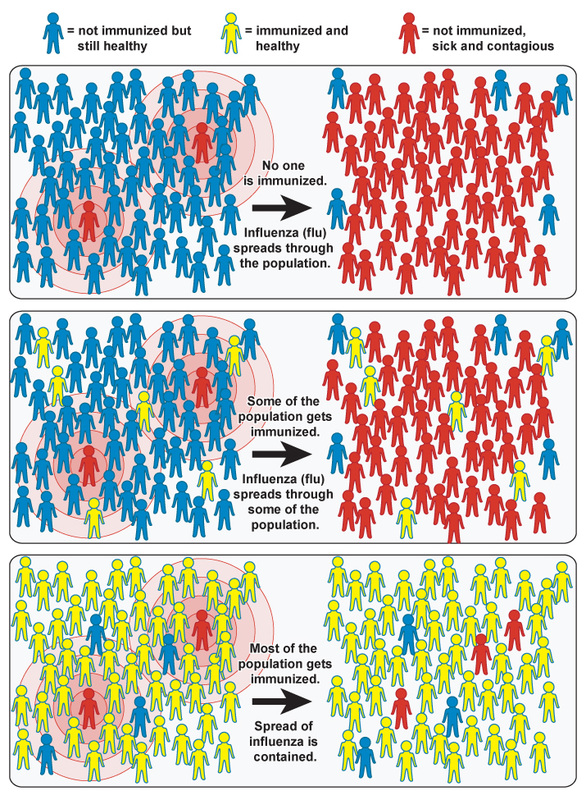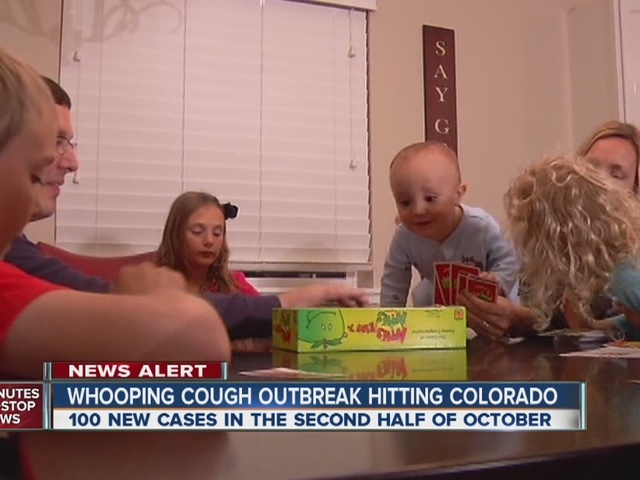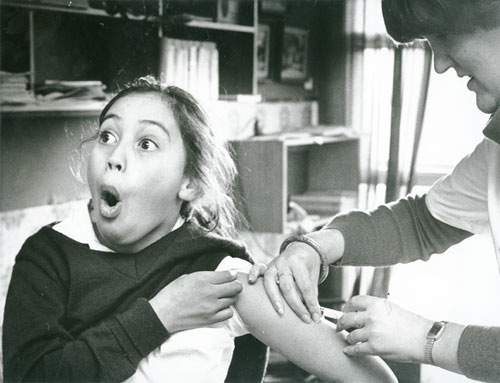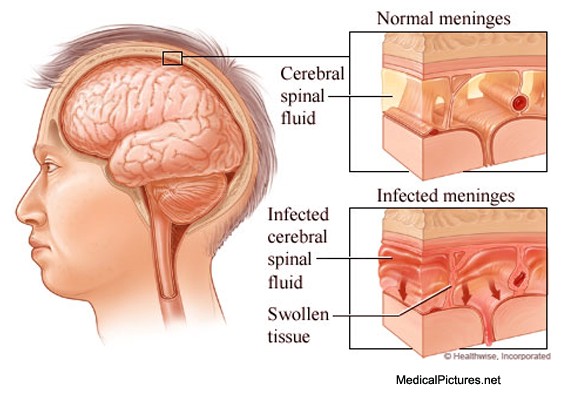There are a lot of resources available online that can teach you about herd immunity, but this is by far my favorite!
It is important to have a solid grasp of herd immunity before you start to delve into the issues and controversies orbiting childhood vaccinations. If a vaccination is successful in protecting against a disease, a community will not be aware that the disease even touched the community. However, the incredible efficacy of vaccines turns out to also be its greatest enemy, leading parents to think that vaccines are not useful. Some parents think that these diseases are no longer relevant to their lives in the 21st century United States. When too many parents hold this belief and abstain from vaccinating their children, serious public health problems can arise.
But, for now, focus on the positive - gummi bears!
Below is another illustration of herd immunity.
It is important to have a solid grasp of herd immunity before you start to delve into the issues and controversies orbiting childhood vaccinations. If a vaccination is successful in protecting against a disease, a community will not be aware that the disease even touched the community. However, the incredible efficacy of vaccines turns out to also be its greatest enemy, leading parents to think that vaccines are not useful. Some parents think that these diseases are no longer relevant to their lives in the 21st century United States. When too many parents hold this belief and abstain from vaccinating their children, serious public health problems can arise.
But, for now, focus on the positive - gummi bears!
Below is another illustration of herd immunity.





 RSS Feed
RSS Feed